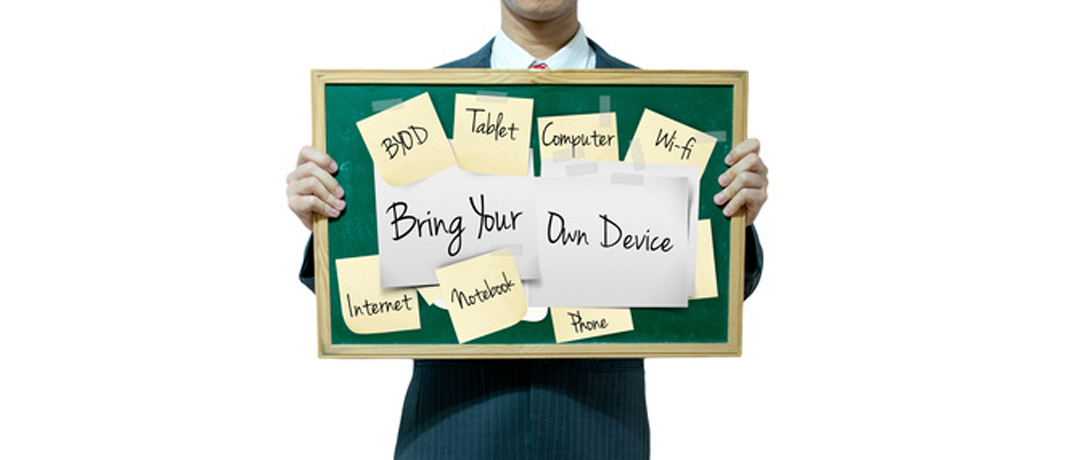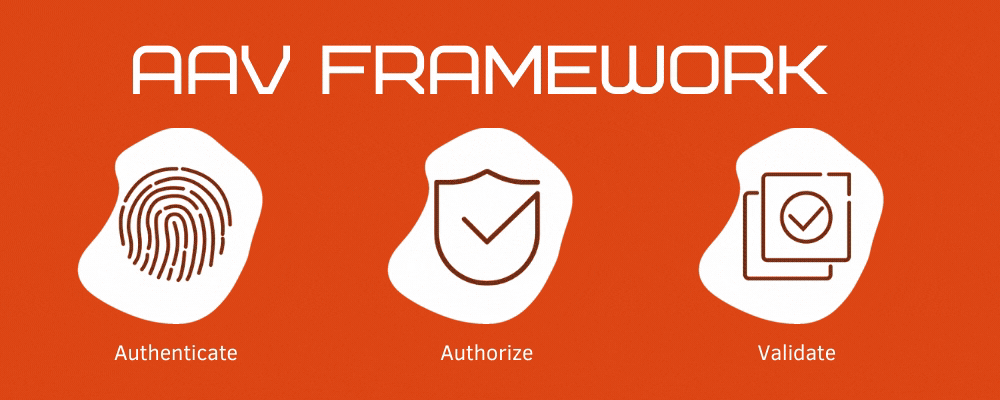The Consumerization of IT – Introducing Bring Your Own Device

The modern world is a minefield of potential lawsuits, with every turn we are faced with more and more pitfalls and traps presented by the ever increasing availability of technology. If you are a business owner you will be all too aware of the ongoing ‘Consumerisation of IT’: namely the increased use within the business environment of personal devices. Whether this be tablets, mobile phones or in an increasingly rare case – laptops.
As technology becomes cheaper and more efficient to own and operate both individuals and businesses are investing ever more heavily in it. It is now an expectation when entering a business setting for access to high-quality WiFi to be available, and for the correct policies to be in place necessary to protect the company owner from any potential problems which could arise as a result of providing this service to your employees and visitors.
The best way to understand the impact of BYOD (Bring Your Own Device) on a business is to ask the following scenario: if an employee brings a personal device (I.e. a tablet) to work so that they can use it as a part of their role, whether it is to send and receive emails, give a presentation or as an addition to inventory to help enhance their productivity. They connect this device to the internal WiFi network and it gets a virus. This ends up with them having to pay for a costly repair. They then return to the company and demand compensation as the virus was obtained whilst connected to their network.
The question which therefore stands is this; who is responsible for paying the repair costs? Should it be the employer, as it was their inefficient internet security which allowed the device to become infected or, should it be the user? After all, they decided to bring the device into the workplace and connect it to the network. It is also arguably their own responsibility to ensure that they have sufficient anti-Virus Protection on the tablet. You can see why this can soon become very complicated.
As an employer, you don’t want to be preventing your employee’s from bringing their devices to work – as it is an ever-increasing trend and some big business owners are convinced that allowing employees to work on their own devices actually increases their productivity. It can also make a business appear more forward-thinking and friendly. You also can’t stop it from happening. People carry their devices everywhere with them.
It is therefore absolutely imperative that as a business owner you are prepared for this increasing trend and embrace it with open-arms. Although you may have concerns about the implications of BYOD and how best to deal with it, all you need to do is make sure that when your employees bring their devices into work that both you and they are clear about exactly who is responsible for it.
A well-written, secure ‘BYOD’ Policy is normally all that is needed. A well-formed WiFi infrastructure will enable you to easily control precisely who has access to your network. Whilst you can’t stop your employees bringing their devices into work, you can control the access they have and keep yourself safe.
Image Credits: © basketman23 - Fotolia.com



